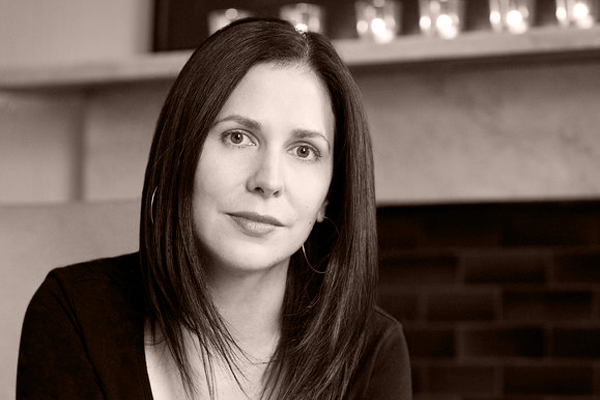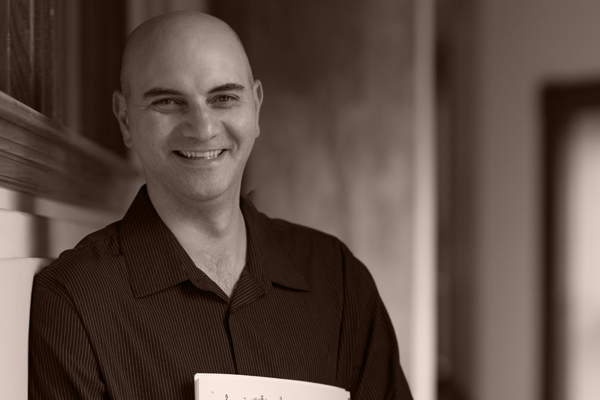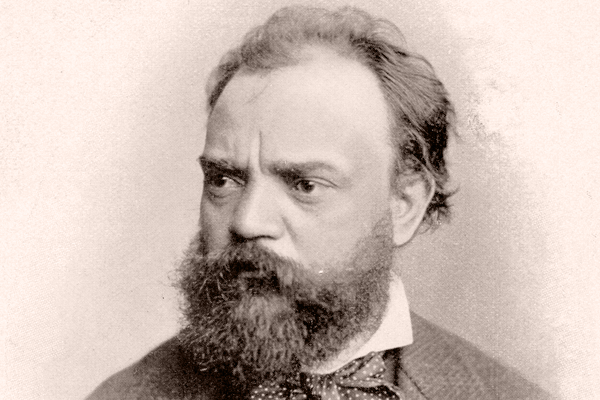Please review our Health & Safety policies before arriving at the concert venue. By purchasing tickets or ticket packages, you agree that you and any guests who use your tickets will comply with these policies.
Our world is constantly in motion. We conclude our season by celebrating the life and vitality that emerge from this ever-changing dance of ideas, biomes, and cultures.
Viktor Kosenko: Three Pieces, op. 9
Jason Hardink piano
Arlene Sierra: Butterflies Remember a Mountain
Kathryn Eberle violin | Walter Haman cello | Jason Hardink piano
Kareem Roustom: Tesserae (North American premiere)
Travis Peterson, Paul Torrisi trumpet | Edmund Rollet horn
Mark Davidson trombone | Chance Huiet tuba
Antonín Dvořák: String Quintet, op. 97
Kathryn Eberle, Laura Ha violin
Yuan Qi, John T Posadas viola | Walter Haman cello
Program Notes
by Jeff Counts
Ukrainian composer, pianist, and educator Viktor Kosenko spent his 42 short years on Earth building a reputation as a master of late-Romantic lyricism. Kosenko’s musical aptitude was clear from a very early age, but his attempts to enter the Warsaw Conservatory in 1914 were thwarted by World War I. He attended the prestigious school in Petrograd (St. Petersburg) instead and used his degree to secure a job in the northern Ukrainian city of Zhytomyr. After a decade on the faculty of the Music Technicum there, Kosenko moved on to Kyiv, where he taught at the Lysenko Music and Drama Institute and the Kyiv Conservatory. The heartfelt Three Pieces, op. 9 come from a catalog of nearly 100 works for piano and were dedicated to Kosenko’s wife Angelina upon their completion in 1921.
Much of London-based American composer Arlene Sierra’s music is inspired by the natural world and its complex, often miraculous processes. As an artist, Sierra is especially sensitive to how human (read: non-natural) systems routinely conspire to challenge and disrupt the elegant, ancient rules of life that predate us. A quick glance at her catalog reveals several examples of this focus, with titles like Nature Symphony, Bird Symphony, Birds and Insects, Urban Birds, Insects in Amber, and Avian Mirrors. Butterflies Remember a Mountain is Sierra’s second piano trio. She writes that it “was inspired by a study of Monarch butterfly migration patterns…” Sierra took the incredibly evocative title of this 2013 work from a scientific article written during that same year. It details how migrating monarchs make a phantom left turn around the long extinct mountain that likely once stood over part of present-day Lake Superior. The world changes around them over countless millennia, but they do not forget. It’s beautiful to think of such deep, geologic time living on in these delicate but impossibly tough little creatures, and Sierra’s poetic tribute echoes the article’s closing statement about how, in this case at least, “flesh outlasted stone.” May it also survive our metal and our plastic.
“The word Tesserae”, writes Syrian-American composer Kareem Roustom, “is the plural of the word tessera and is defined as a small square of tile of stone, glass, etc. used in mosaics, and [also] a small square of bone, wood, or the like, used in ancient times as a token, tally, ticket, etc.” Roustom goes on to describe how the 2015 brass quintet that bears the name “plays with both ideas” by juxtaposing the technical with the emotional. A fundamental tessera motif (four notes that make up a kind of square) provides the building block material for the larger mosaic manifestation of the work, while the resulting music begs the question Roustom knows every composer must ask: “Is this new piece acceptable as a ticket or a token? May I pass through?” The second movement, titled “Andalusian Poem,” uses an Arabic scale called bayaati that requires the musicians to play outside the traditional western scale. It’s based on Roustom’s own choral setting of a work by the 11th-century poet Umm Al-Kiram that “extols the beloved’s beauty”, without which “the moonlight would not reach down to earth.” Tesserae was written for members of the West-Eastern Divan Orchestra and is given its U.S. premiere here at NOVA.
Thanks to a certain symphony that bears our continent’s 15th-century nickname, Antonin Dvorák’s years in America remain a great source of pride for this nation, as much now as then. His invitation to serve as Director of the newly formed National Conservatory in New York coincided with celebrations in 1892 of the 400th anniversary of Columbus’ arrival (such a thing being fashionable then), so the popular Bohemian composer was able to see us at a critical, reflective moment in our ambitious rise. With the new century so close, Americans were eager to establish an artistic voice that could project credibility across the Atlantic to Europe. Dvorák, famously, encouraged us to look inward. His advice applied to both our diverse national soul and our vast internal landmass. Spillville, Iowa had a self-contained contingent of Czech expats, and Dvorák’s trip there in 1893 yielded both the Opus 96 “American” String Quartet and the Opus 97 String Quintet. Only three days separate the end of the Quartet’s composition process from the start of the Quintet, and the latter took only five weeks to complete. The Spillville visit exposed Dvorák to many quintessentially American experiences, including an indigenous medicine show, and the two important chamber works he wrote there bear witness to the impression the dances and melodies made on him.



